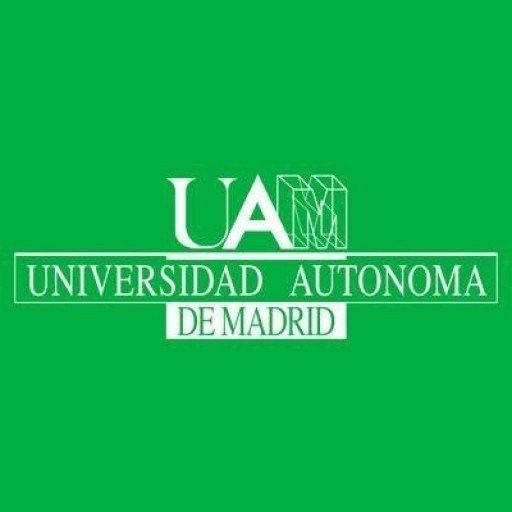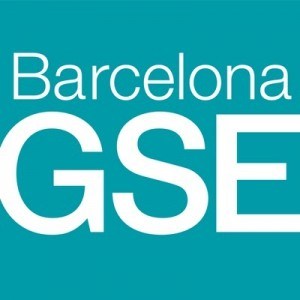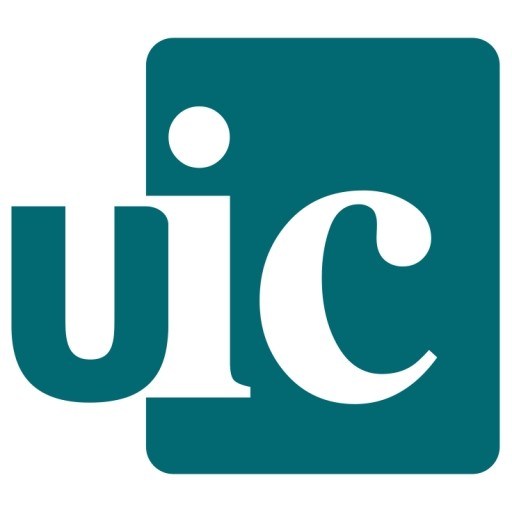Photos of university
The Bachelor's Degree in English Applied Linguistics at the Autonomous University of Madrid offers students a comprehensive and in-depth understanding of the English language and its practical applications in various contexts. This program is designed to equip students with advanced linguistic skills, including proficiency in English, and a thorough knowledge of linguistic theories, language acquisition, and language teaching methodologies. Throughout the course, students explore various aspects of language structure, phonetics, semantics, and pragmatics, gaining a solid foundation in both theoretical and applied linguistics. The curriculum emphasizes the development of analytical, research, and communication skills necessary for careers in language education, translation, interpretation, and other language-related fields. Students also have opportunities to engage in practical teaching experiences, internships, and research projects, which enable them to apply their knowledge in real-world settings. The program encourages critical thinking about language issues and promotes an understanding of linguistic diversity, sociolinguistics, and the role of language in society. Faculty members are recognized experts in their fields, providing a high-quality education grounded in recent academic research. Graduates of this degree are well-prepared to pursue advanced studies or enter professional fields related to education, translation and interpretation, language planning, or international communication. With a focus on both theoretical concepts and practical skills, the program prepares students to meet the demands of a globalized world where language plays a central role in multicultural communication and intercultural understanding.
The masters degree consists of 60 ECTS credits (1 credit = 25 hours of student time, including contact and non-contact hours)*. The master has an obligatory 10 credit methodology module, two modules of optional subjects, a 15 credit obligatory dissertation and the possibility of recognition of professional experience in a 5 credit practicum. Link to courses >>
*Students with little background in linguistics may be required to take some credits in the English Studies degree.
Most students take the programme part-time over two years. Classes are held in the evening to make it possible to combine work and study**. Courses combine lecture and seminar format >>. Courses are assessed independently by a combination of coursework and assignments. The Masters Dissertation (15 credits) is defended in a public oral examination.
Requirements
- Official university qualification such as an undergraduate degree, bachelor’s degree or other equivalent, in the related area
- An official certificate of level of English (IELTS, TOEFL, Cambridge English, OAL-UAM, Linguistic Services Office from your home university etc.) with at least a B2 (or equivalent) level. This doesn't apply for students coming from english-speaking countries/universities/schools.
- Bachelor's diploma
- Transcript of records from the Bachelor's degree
- Average Grade statement (see "Average Grade statement")
- CV (Curriculum Vitae)
- Certificate of level of English (or at least some proof that you'll get it before the enrolment deadline in September)
- ID/Passport
- Elective courses pre-selection form ("Hoja de preinscripción de asignaturas")
- Specific documents required for each master (letter(s) of recommendation/reference etc.).
- FOREIGN STUDENTS ONLY: when their average grade point is not in a 1-to-10 scale, applicants must also submit the ANECA's certificate of average grade equivalence for studies undertaken in foreign countries (see here). Please note that this certificate can take up to 2 months to be delivered, so applicants should request it with enough time in advance.
Scholarships
- Ayudas para el Fomento de la Investigación Máster UAM: Grants of 400 Euros per month for a maximum of 12 months and 100% coverage of course fees. Proposals need to be submitted by the 20th July, 2016, for those doing their Masters 2016-17. See here for more information.
- Ayudas Máster UAM: The university offers a number of small grants for recently graduated students who are starting their masters or doctoral degree. The grant covers 50% of the registration costs of Official Masters. Call closes 16th September, 2016. See here for more information.
- Ayuda del Fondo social de la UAM: The call opens at the end of the year as a last opportunity for students with limited economic means who have not obtained another kind of grant. For those from the previous course, see here for more information. Calls typically are open during May each year.
- Beca General del Ministerio para Enseñanzas Universitarias: These grants are also awarded on economic criteria (but also academic). In this case, the call appears early in the course, and is applicable to those from the previous course.
The Bachelor’s Degree in English Applied Linguistics at the Autonomous University of Madrid is a comprehensive program designed to equip students with a deep understanding of the English language, its structure, usage, and pedagogical methods. This degree focuses on developing advanced linguistic skills, including language analysis, phonetics, syntax, semantics, and pragmatics, tailored to practical applications in teaching, translation, and intercultural communication. The curriculum integrates theoretical frameworks with practical training, enabling graduates to adapt to diverse professional environments within the fields of language education, research, and communication industries. Students will engage in coursework that covers language acquisition theories, curriculum development, assessment methodologies, and technological tools used in language teaching. The program emphasizes both Spanish and English language proficiency, fostering bilingual competencies essential for effective communication in global contexts. Practical components include internships in educational institutions and language centers, providing real-world experience in teaching English as a second language or working in translation and interpretation roles. The faculty comprises experienced linguists and educators committed to research and innovation in language education. Upon completion, graduates will be prepared for careers in teaching at various levels, language policy analysis, translation, interpreting, and further postgraduate studies. The program also promotes research skills, critical thinking, and intercultural awareness, essential for responding to the challenges of a globalized world. The Autonomous University of Madrid ensures high-quality education through modern facilities, collaboration with linguistic institutions, and continuous curriculum updates aligned with current academic and industry standards. The degree aims to produce proficient, versatile graduates capable of contributing to language education, intercultural dialogue, and the advancement of linguistic sciences.





